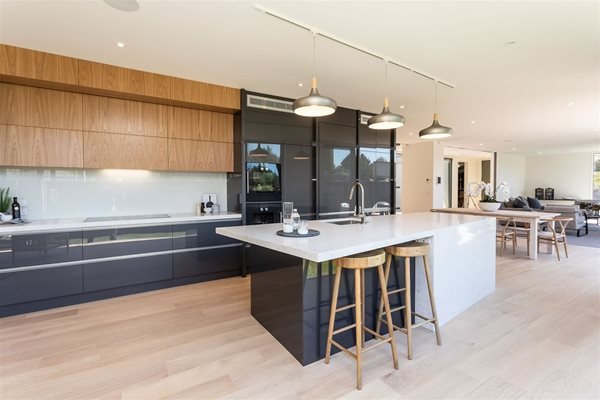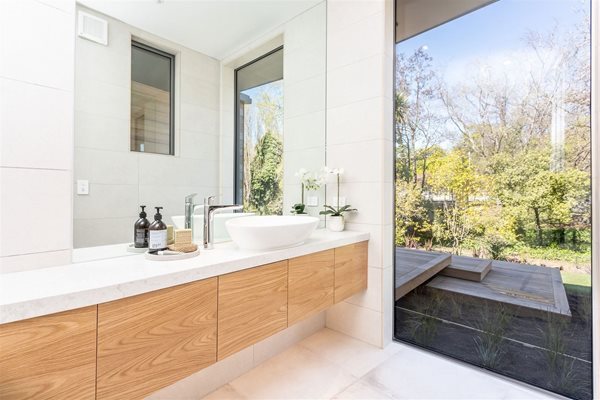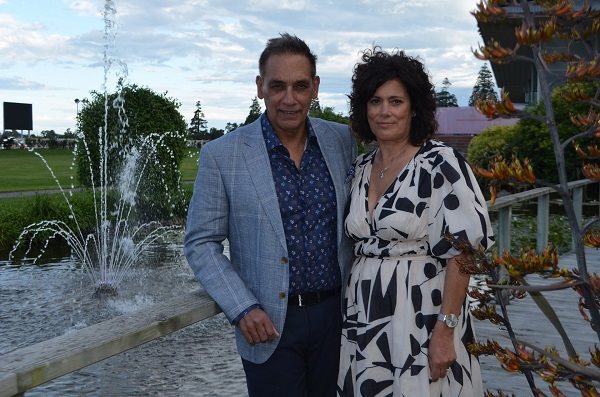In 2002, Roger Syme, now Managing Director of Prime Joinery, decided to buy a small joinery business in Christchurch. Twenty years and a lot of hard work later, that business now has four branches and sees in excess of $14 million turnover a year.
But that journey wasn’t without its challenges.
The first 10 years were a time of expansion, mistakes and learnings. The business quickly grew from making around $500,000 a year in turnover to around $5 million, but the problem was, as Roger puts it, “we just weren’t making any money.”
The business’ margins weren’t structured well, and so around 10 years ago, Roger decided it was time for change.

Prime Kitchens refocussed their business to the residential market after the Christchurch earthquake.
Rebranding for success
“The Christchurch earthquake hit us hard, but it was also a big wake up call for us,” explains Roger. “We were solely in commercial at the time, and we weren’t making a lot of money. So we decided to redirect into residential, because a lot of houses needed to be built very quickly.”
To do this, Roger got involved in a number of other franchise businesses. This worked for a while, but the disparity between the different businesses was causing issues. So Roger decided to rebrand to Prime Joinery, bringing all the disparate businesses under one name.
“This rebrand was hugely important for us,” says Roger. “It allowed us to set up a single brand for success, and focus on joinery for specific markets.”
Part of this rebrand also involved creating a number of standard designs to better meet client demand. Especially at the time of the earthquakes, a lot of building companies wanted to work with a specific price point. Standard designs meant Prime was able set clients up with whatever standard design worked best for their price point.

Standard designs enabled Prime to set clients up with whatever standard design worked best for their price point.
People and culture instrumental to success
With design so important, Roger knew that people and culture would be instrumental. Prime started with just one designer. Now, they’re up to nine, located in each of the business’ different branches.
“We’ve built a really good design team who are really passionate about what they do,” explains Roger. “They do a great job, and have helped to build the client base from their successes and the work they’ve put in.”
For Roger, this people and culture element has been key to their success. “We’ve really focused on creating a culture that people want to work in and are happy in. It’s quite a hard task but I think we’ve done pretty well at it – if we hadn’t, we wouldn’t be where we are today.” Central to these efforts have been creating a one team environment, so that no matter which branch an employee is located in, they all feel like they are part of the Prime Joinery team.
All of these elements have had a hugely important part to play in Prime’s success, but for Roger, it was really getting the margins right that has had the biggest impact:
“One of the main learnings for us in the first 10 years was that it’s not about turnover, it’s about bottom line. BDO were really instrumental in helping us understand that.”


Roger recently enjoyed Prime Joinery's 20th anniversary celebrations.
Monitoring every aspect of the business
Prime ended up setting up its own database to solve this issue – this enabled them to monitor every aspect of the business, from enquiries, quotes and sales, right through to invoicing, production, and individual job margins.
As Roger explains, “this means we know exactly what our margins are on every job. We can also track our sales, which means that we can plan for the next six to seven months, something we couldn’t do before.”
Materials have also been an important factor in getting the margins right.
“When we realised our margins were all out we decided to explore import options, which have helped us bring our costs down, while also keeping high quality,” says Roger. “As soon as that turnover lifted because we were selling more, then all of a sudden we started buying more from the local supplier as well. What we have now is a mix of suppliers – which has also been a real help in navigating the recent supply chain challenges.”
“We’ve been working with Phil and Debbie through this whole time, and BDO has really been instrumental in helping us getting our branding and margins right, and also just helping us set our general business direction. For me, one of the key points of difference is that they haven’t been afraid to ask us the difficult questions, and it’s those hard questions that have helped us turn things around.”
“It hasn’t been an easy ride these past 20 years but we really have learnt from our mistakes and I feel we have turned things around. The next year may be a little difficult with construction conditions as they are, but I am confident we will get through.”
Learn more about BDO's advisory services here.